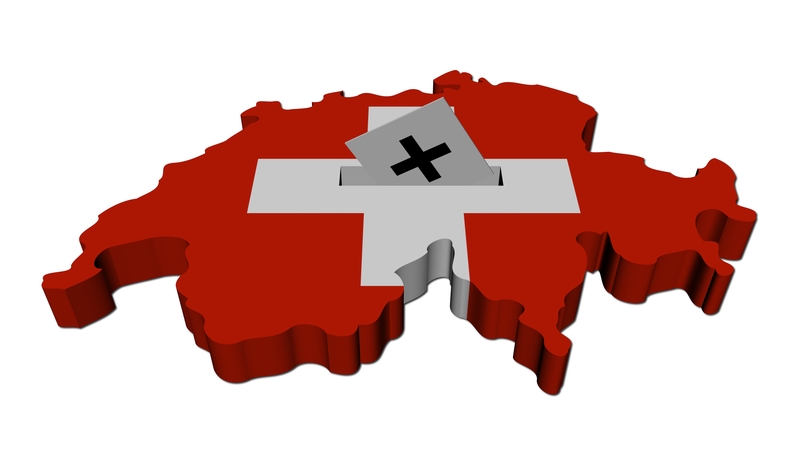by Thomas Fleiner
On September 28, the Swiss voters and the cantons had to decide on two popular initiatives. They rejected both. The first popular initiative proposed a new constitutional provision, which set up a single, public and unitary health insurance with administrative decentralization. The proponents argued that there is no real competition among the existing different health insurances, that despotic insurance companies waste money with their income of premiums, that the explosion of raising insurance rates must be stopped. The majority of 63% of the voters and 18 cantons against four French-speaking cantons was rather convinced that the actual system is of greater value against any change, which would bring too much insecurity. This vote did not change the actual distribution of cantonal and federal competences. Thus, the French-speaking cantons have still the competence to install a public cantonal health insurance.
The second popular initiative proposed an equal tax treatment between food sellers and Restaurants. The parliament and the federal council argued that such unequal treatment is justified because the consumer pays in restaurants not only the food but also the performance of the service. In addition, they argued that a reduction of the added value tax (VAT) for restaurants would damage the established balance of tax income and expenditures. An overwhelming majority of 71% including the unanimity of all cantons followed the arguments of the authorities.
The sovereign of the half-canton Basel Landschaft decided not to merge into one canton, that is, Basel. Although the town of Basel did agree, the merger will not take place. Neither will the amount of cantons and the constitution-making power of Switzerland change. The military history of the division of the two parts of the canton since 1832 has not changed the emotions of the voters.
